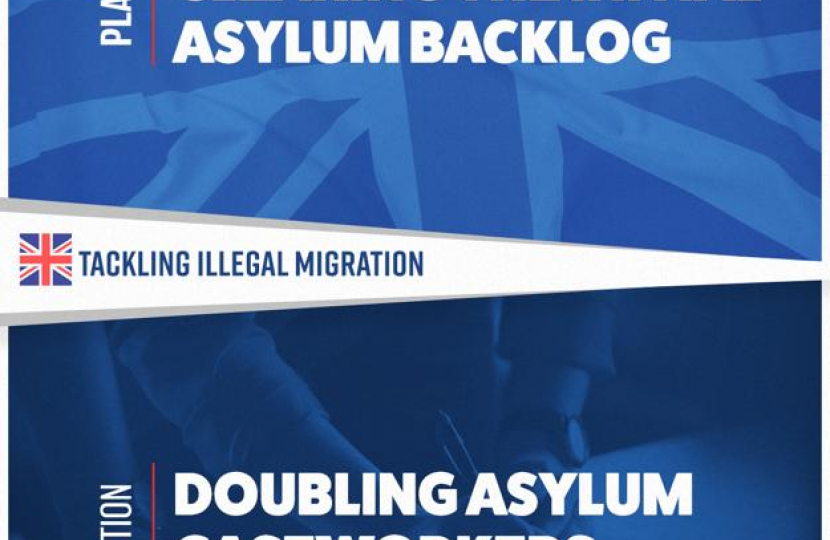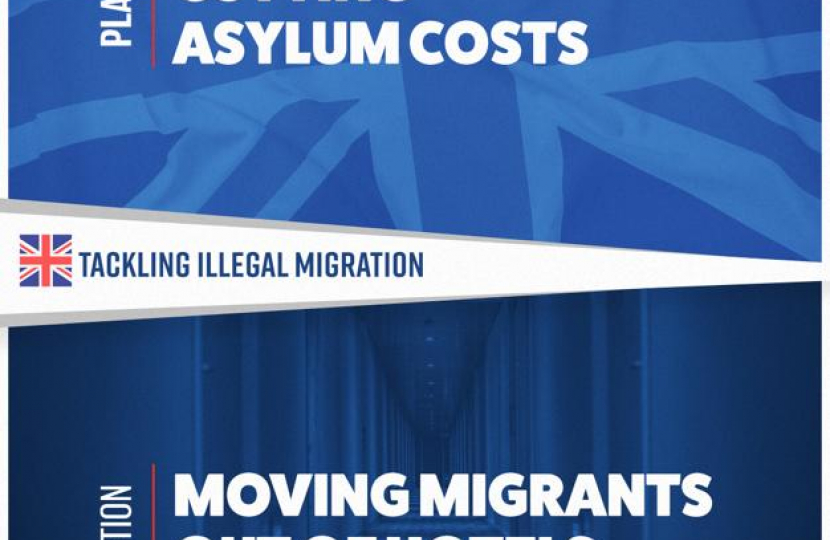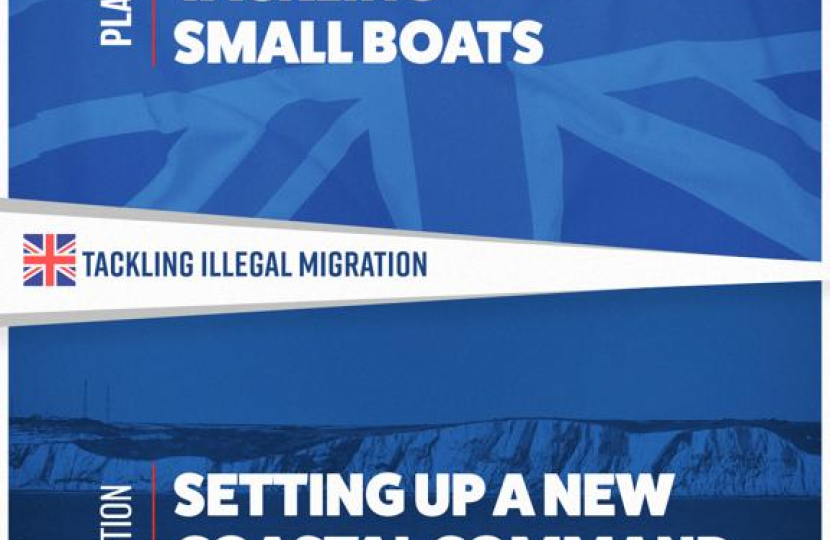This week, the Prime Minister announced new measures to reduce illegal immigration. Over 40,000 people have illegally crossed the Channel in small boats this year, putting pressure on local public services. Many originate from safe countries and travel through safe countries. That is unfair to those who come here legally and unfair to those who have a genuine asylum claim.
The Prime Minister has set out five new measures to address this. These include a new agreement with Albania, a new permanent Small Boats Operational Command in the channel with 700 new staff, tougher immigration enforcement, cheaper accommodation sites, and a commitment to clear the initial asylum backlog by 2023. Each of these steps will work towards reducing people smuggling and reducing the cost on the British taxpayer.
However, while some often try to separate legal and illegal immigration into completely separate discussions, I firmly believe that we cannot reduce illegal immigration without having a sensible and reasonable legal immigration system.
Think of the cleaners working late tonight, the care worker who will help your grandmother start the day tomorrow, or the farm worker who has been out in the rain to put fresh vegetables on your table. Do we value these people and the work they do? We should, but the message from the Home Office in recent years has sadly been that it doesn’t. It envisages an immigration policy where so-called “low-skilled” people, who have fewer formal qualifications and are on lower incomes, will not be allowed into our country. Instead, the Home Office types have designed a system that lets in people like them. Those who went to university and are on a big salary.
One of the achievements of the Conservative-led government after 2010 was its success in creating jobs. Levels of employment are at record levels but businesses across many sectors report real challenges in recruiting staff. We have no shortage of underemployed graduates. What we lack is enough people willing to do the hard graft, and any coherent policy must recognise this.
I campaigned to leave the EU and I want us to have an independent immigration policy, but with our new freedom comes the responsibility to get it right. People voted to take back control of immigration, but they didn’t vote to pull up the drawbridge — and they certainly did not vote to give preferential access to the wealthy or those on big salaries. In the post-covid world, it is more apparent than ever that we need to focus on having a needs-based system rather than the skills-based system.
Last week, I asked an urgent question in the House of Commons to highlight the Home Office’s delay in offering clarity to industry on the Seasonal Agricultural Scheme for the next few months. This is particularly important for the daffodil farms in Cornwall that rely on workers from overseas. Many of the problems we have with ambulance waiting times are linked to the fact that nursing homes struggle to find the staff so hospitals can't discharge patients. In the real world, real businesses are delaying investment and expansion decisions because they fear they won’t be able to get the staff they need. As a government it is vital, we recalibrate the visa system, so it addresses the labour shortages we have.





